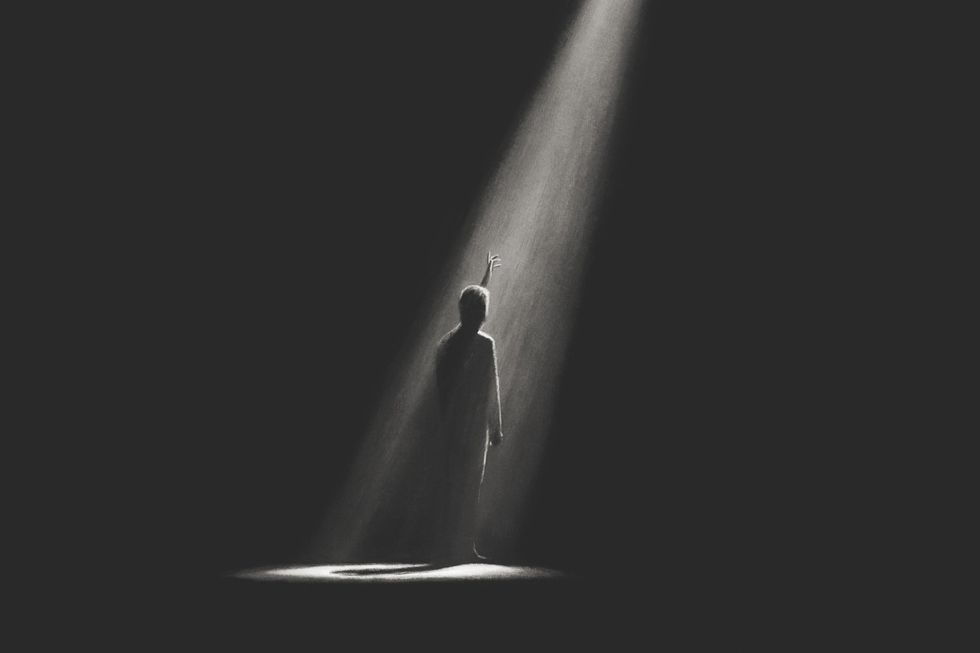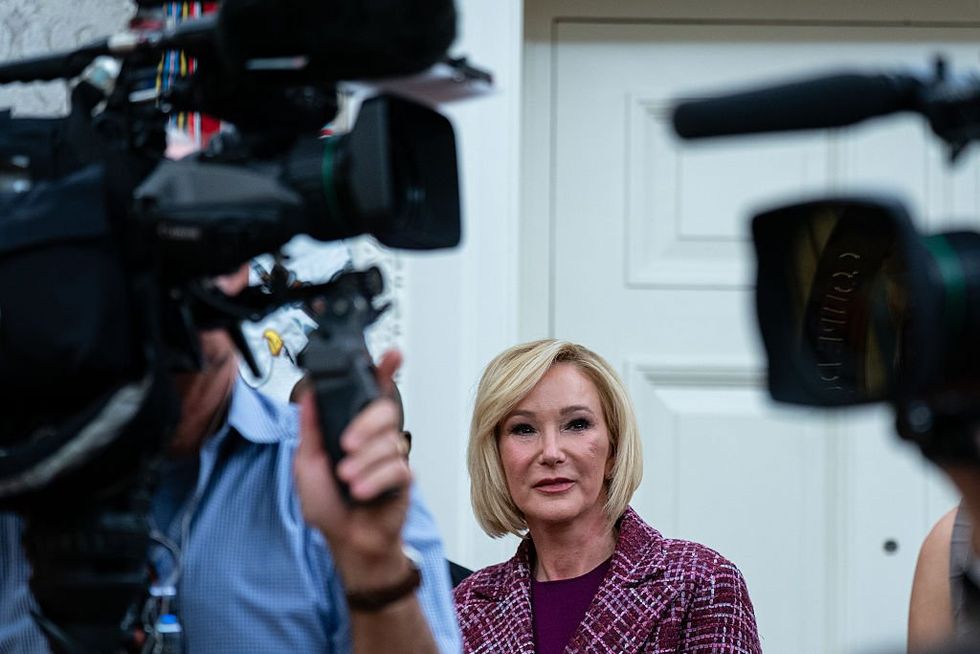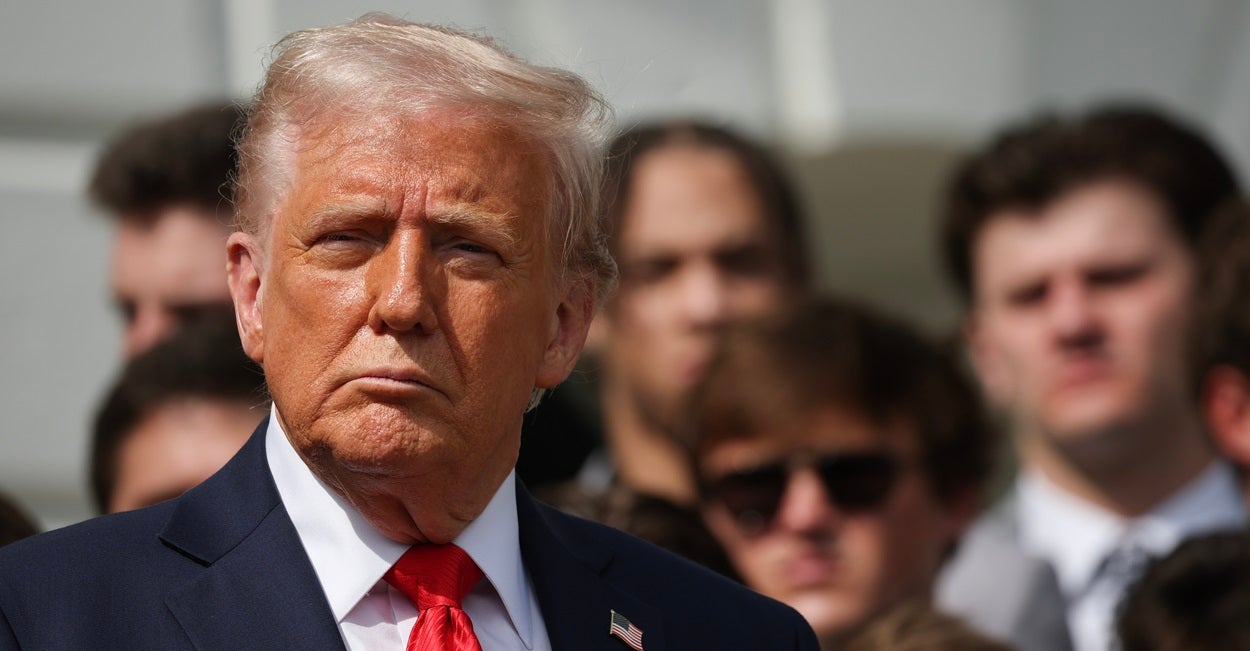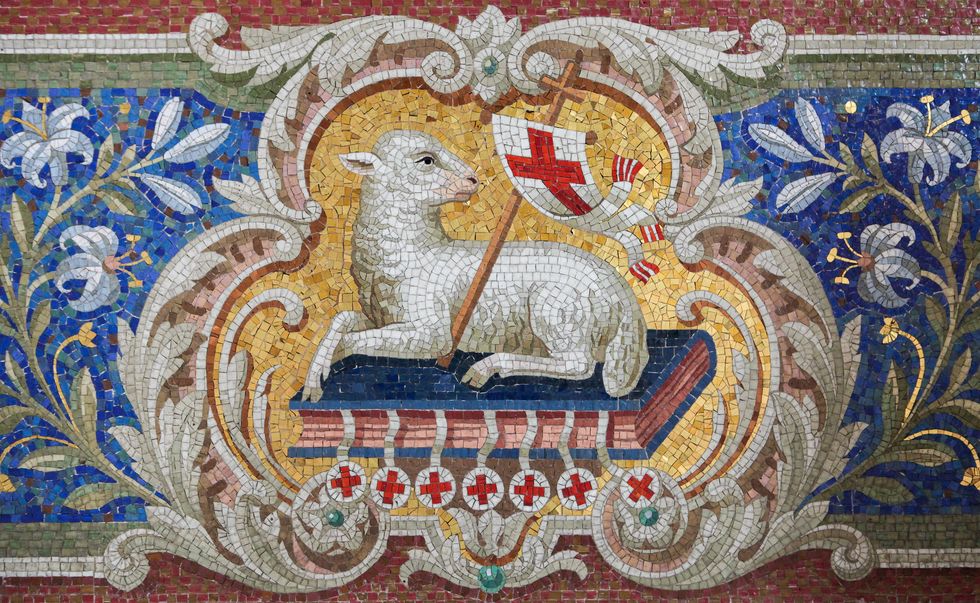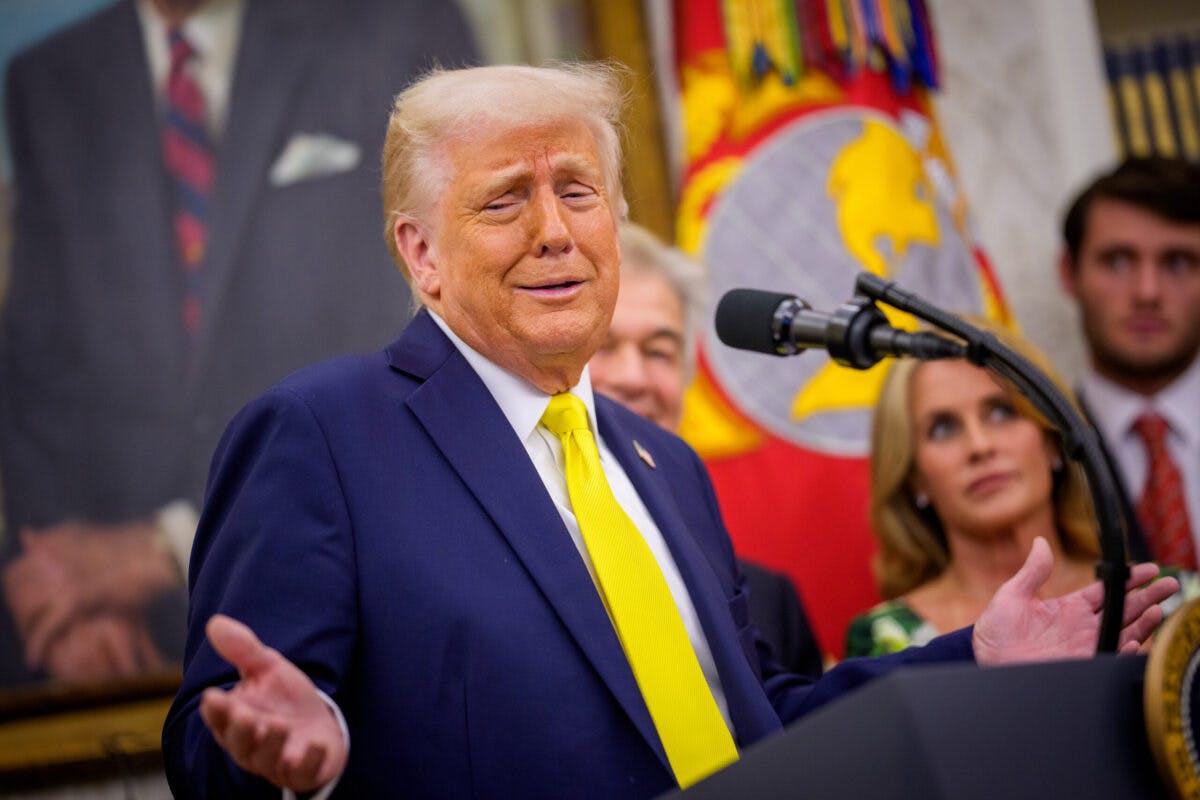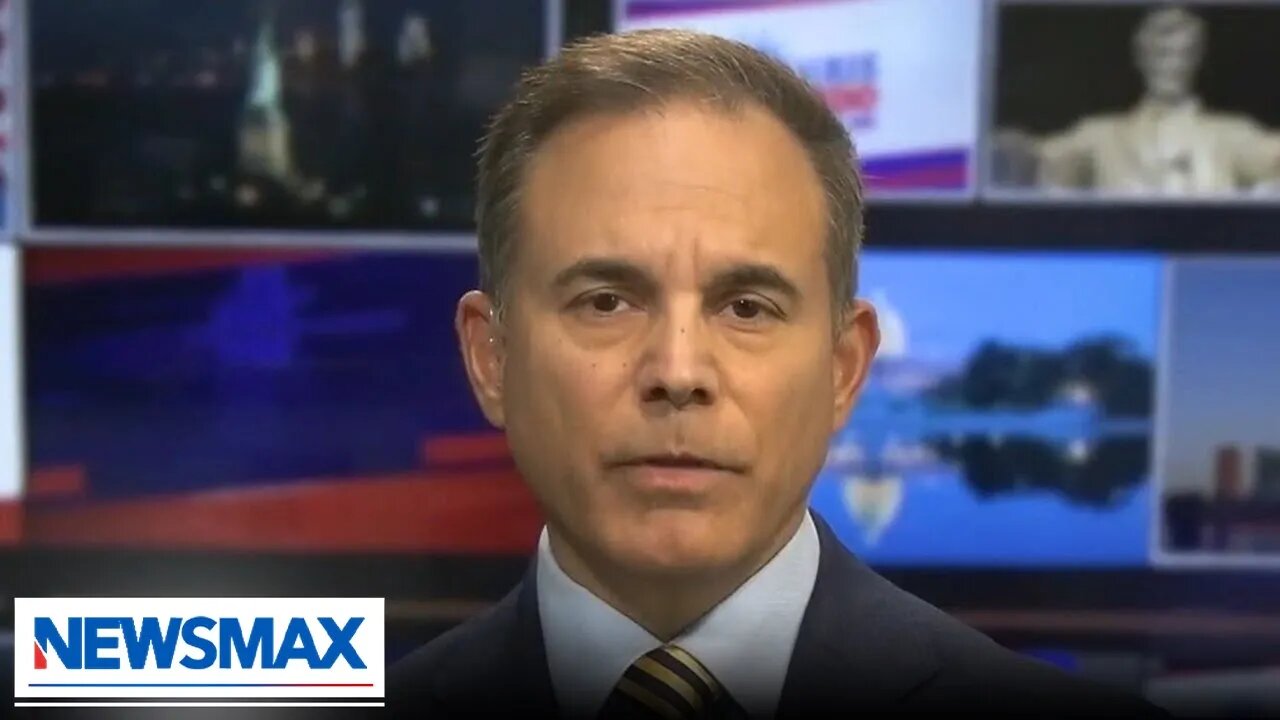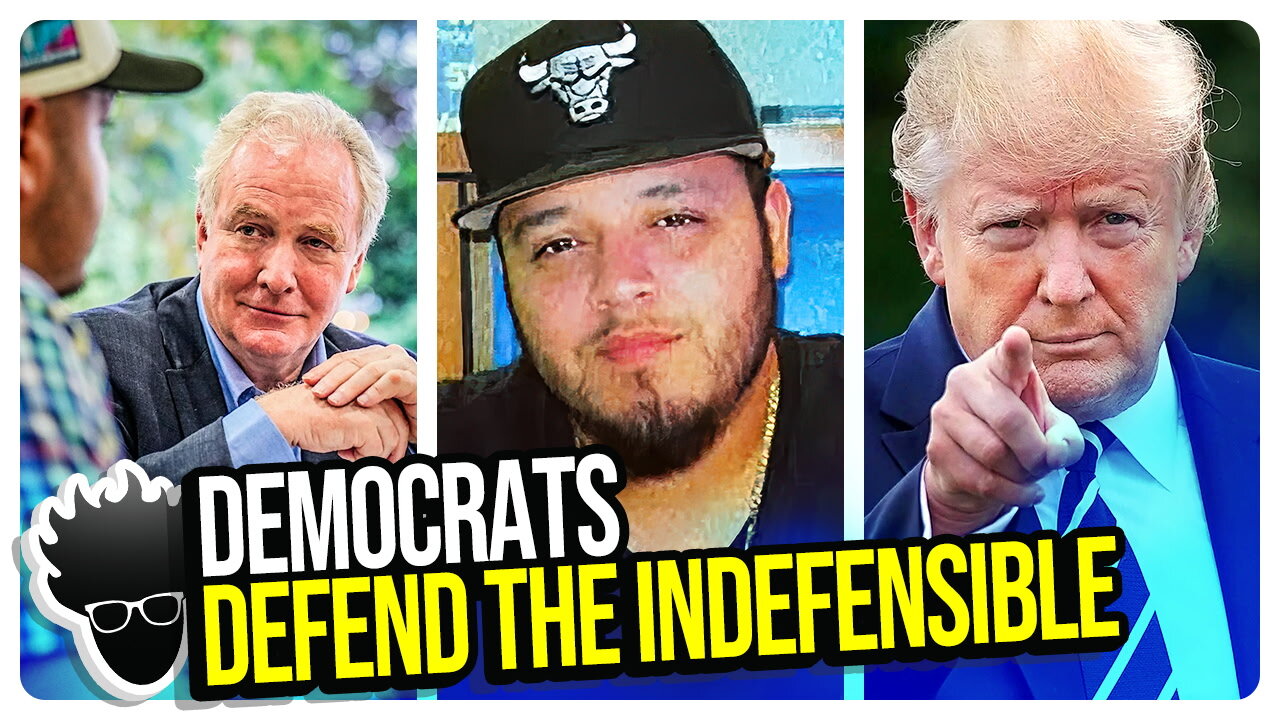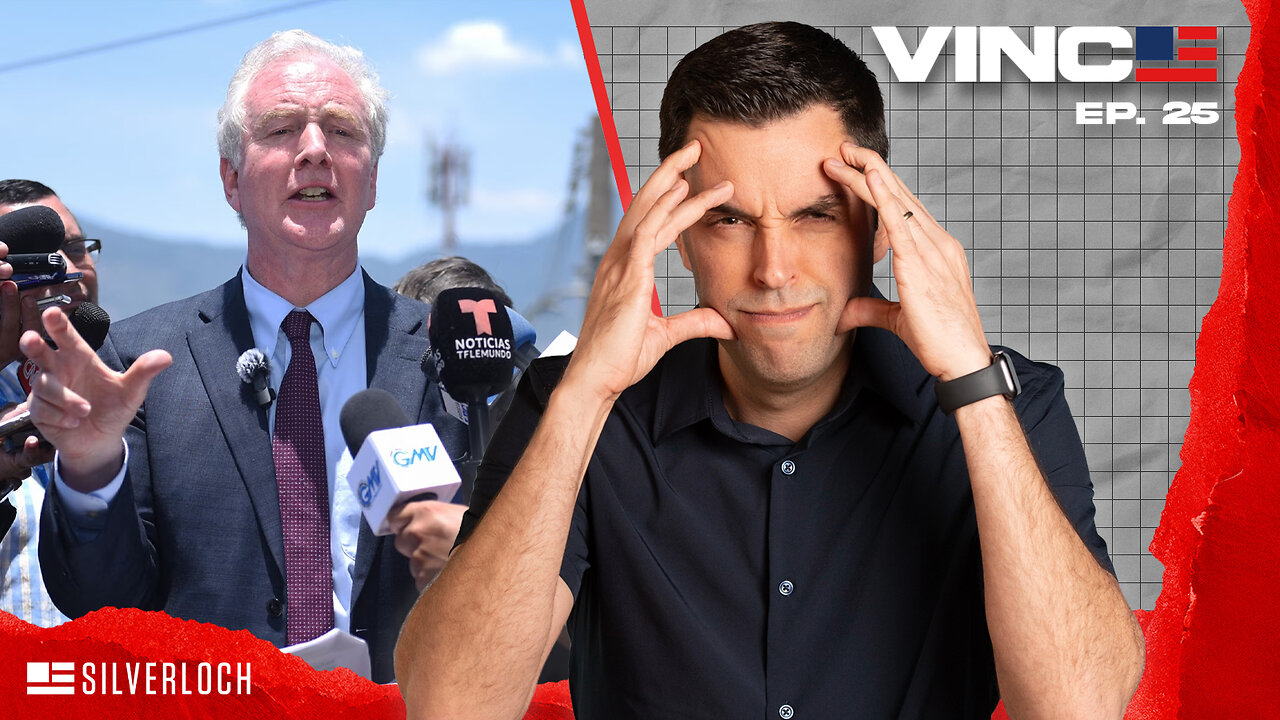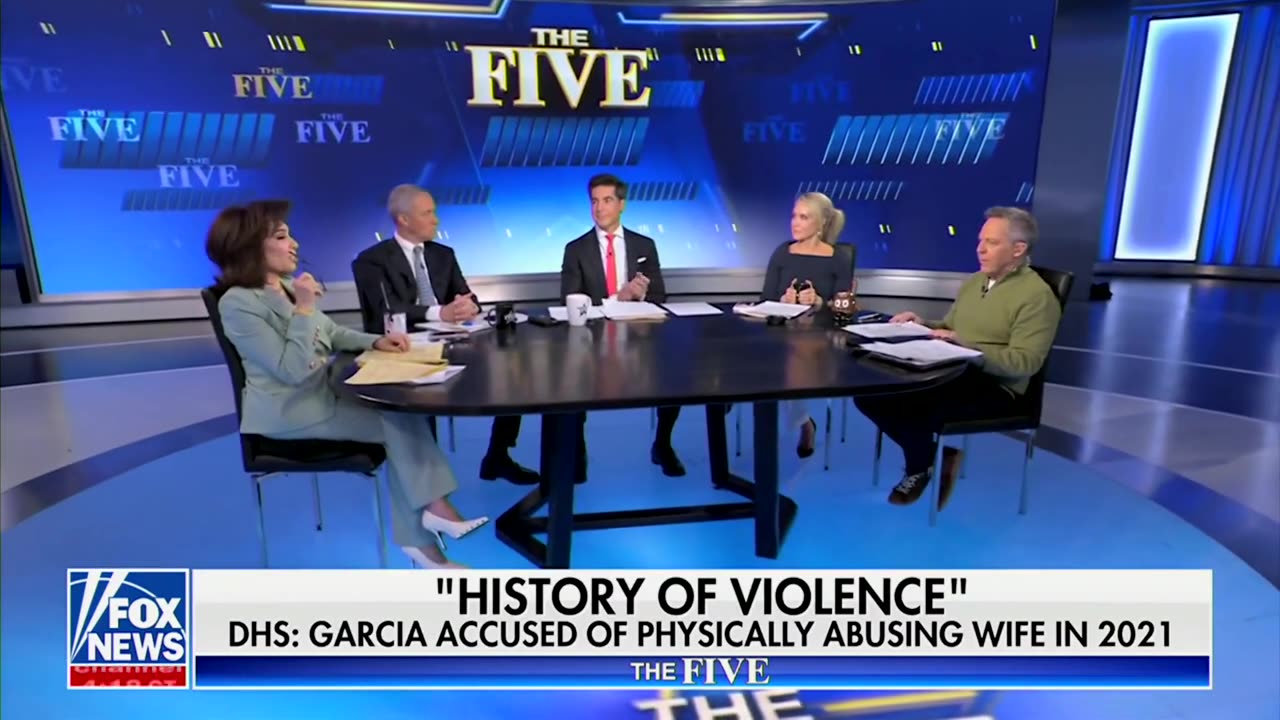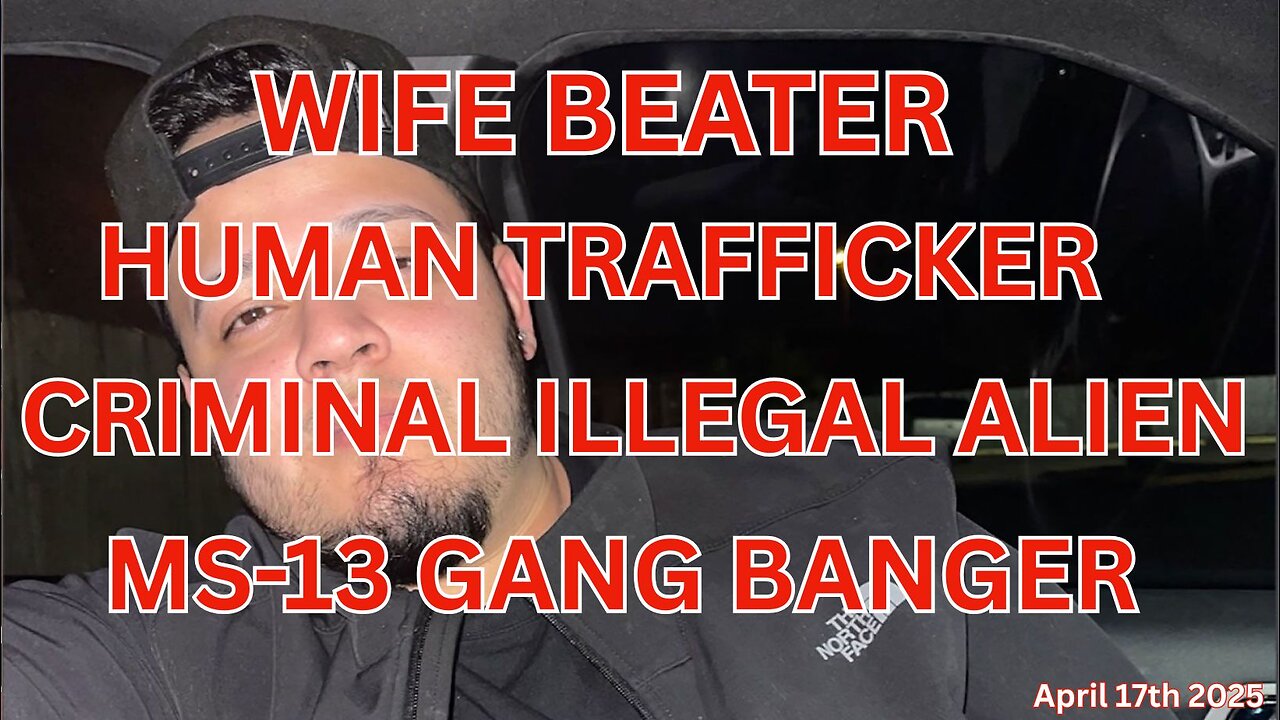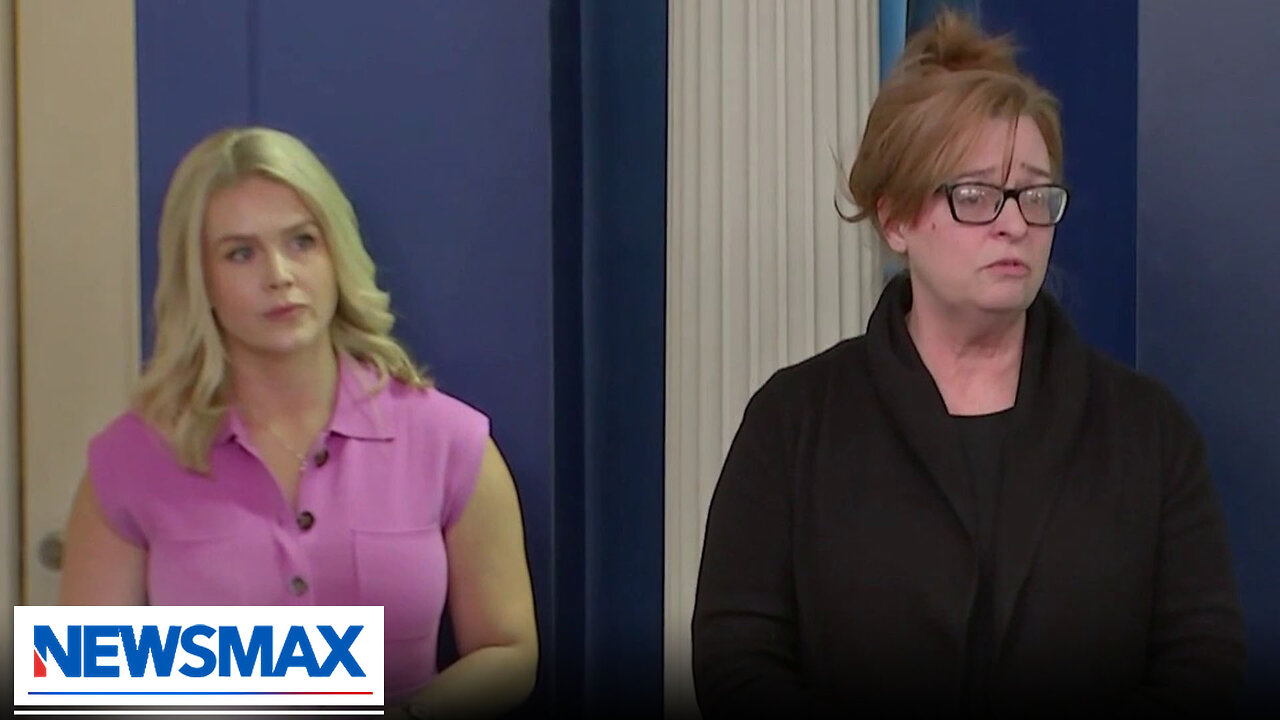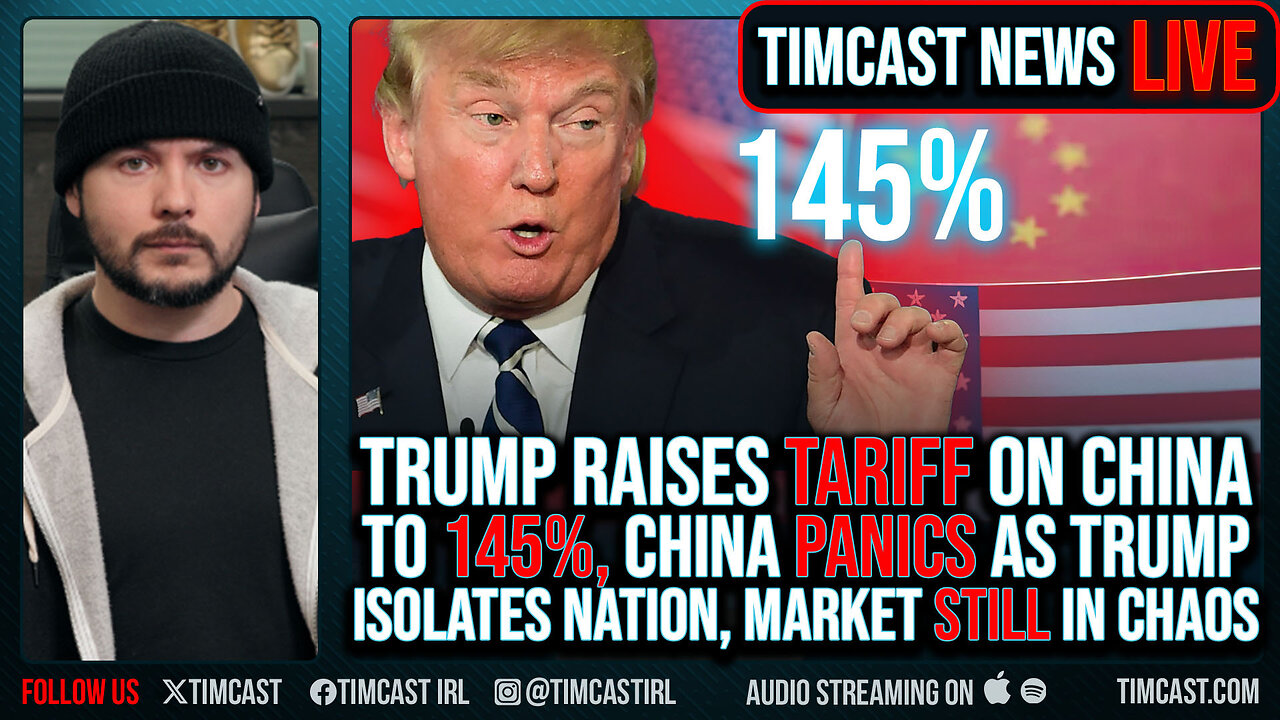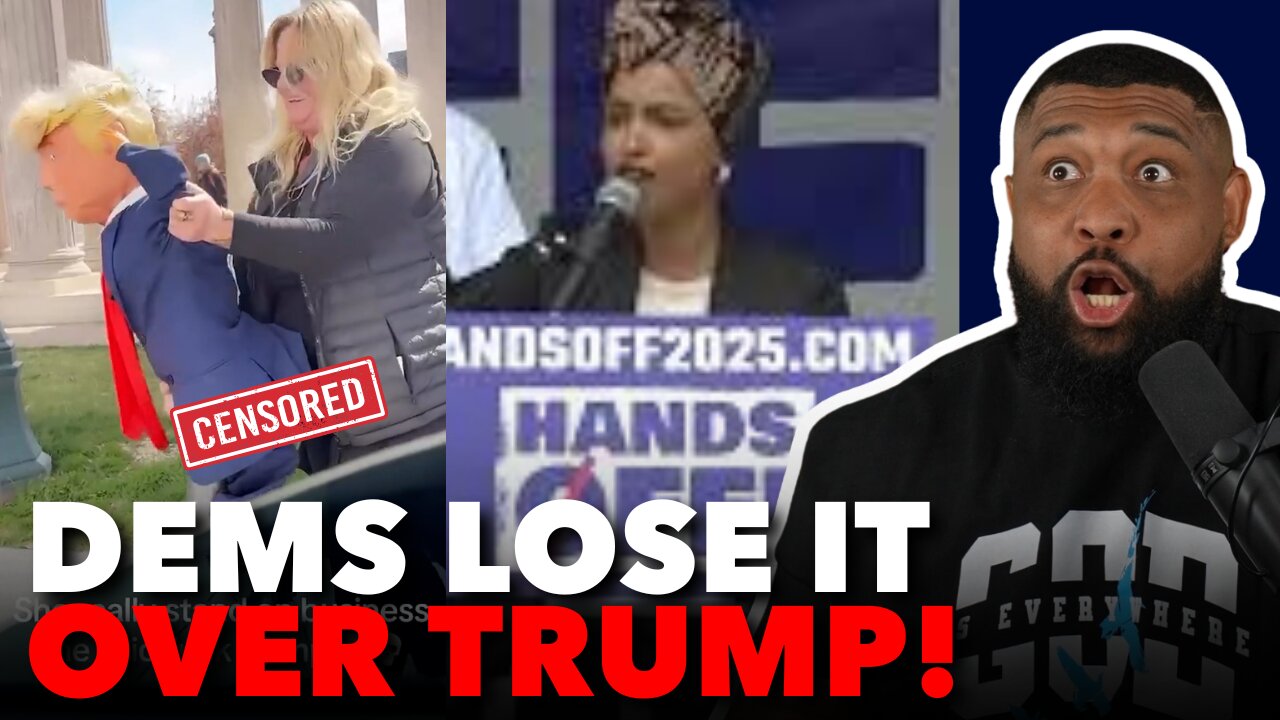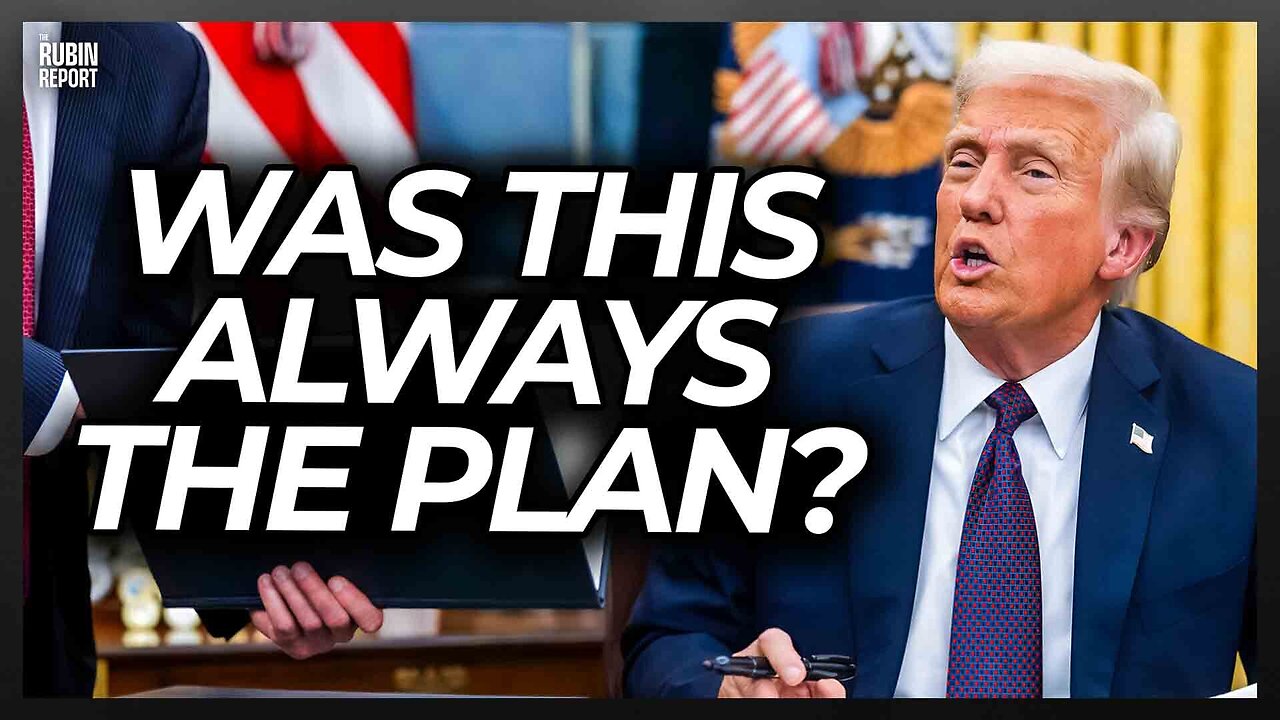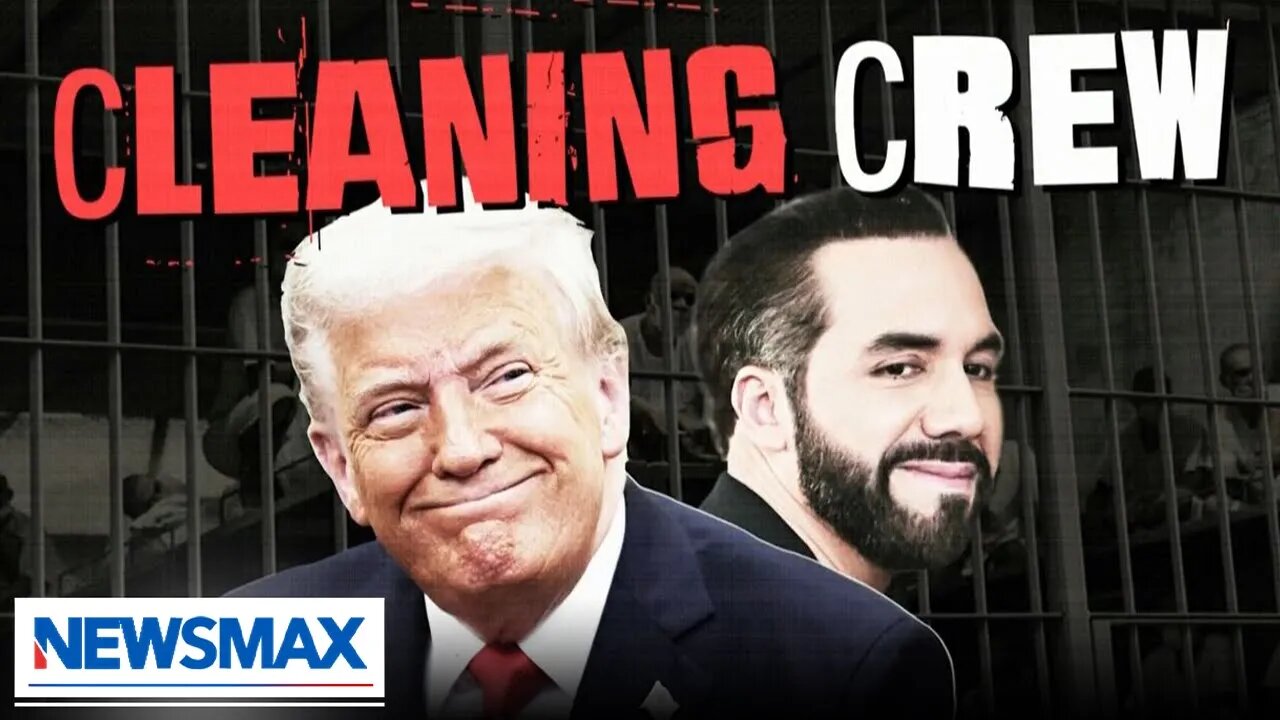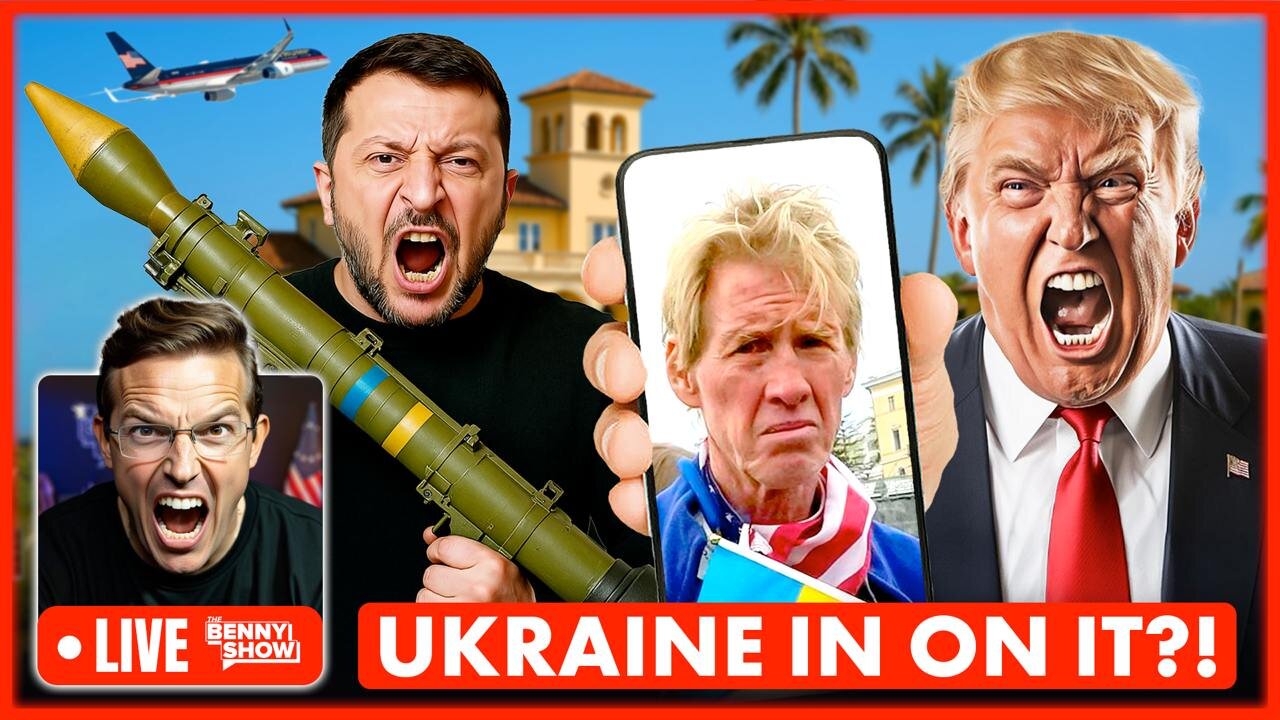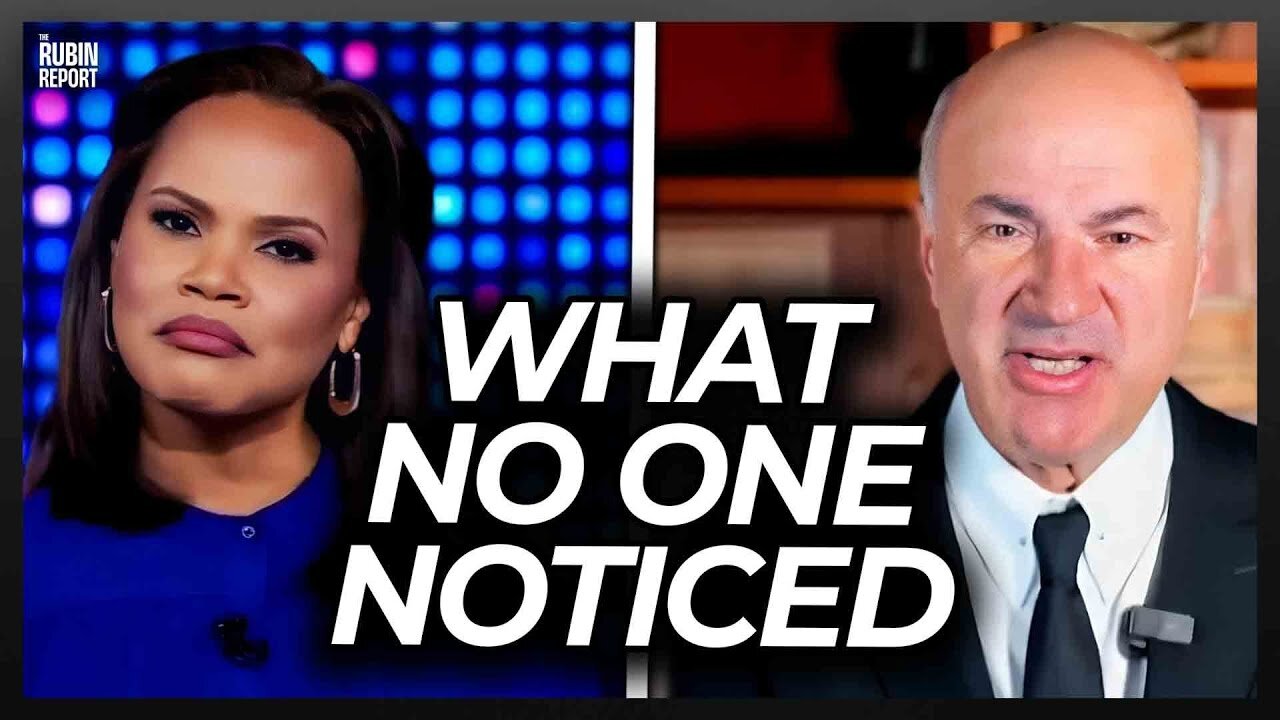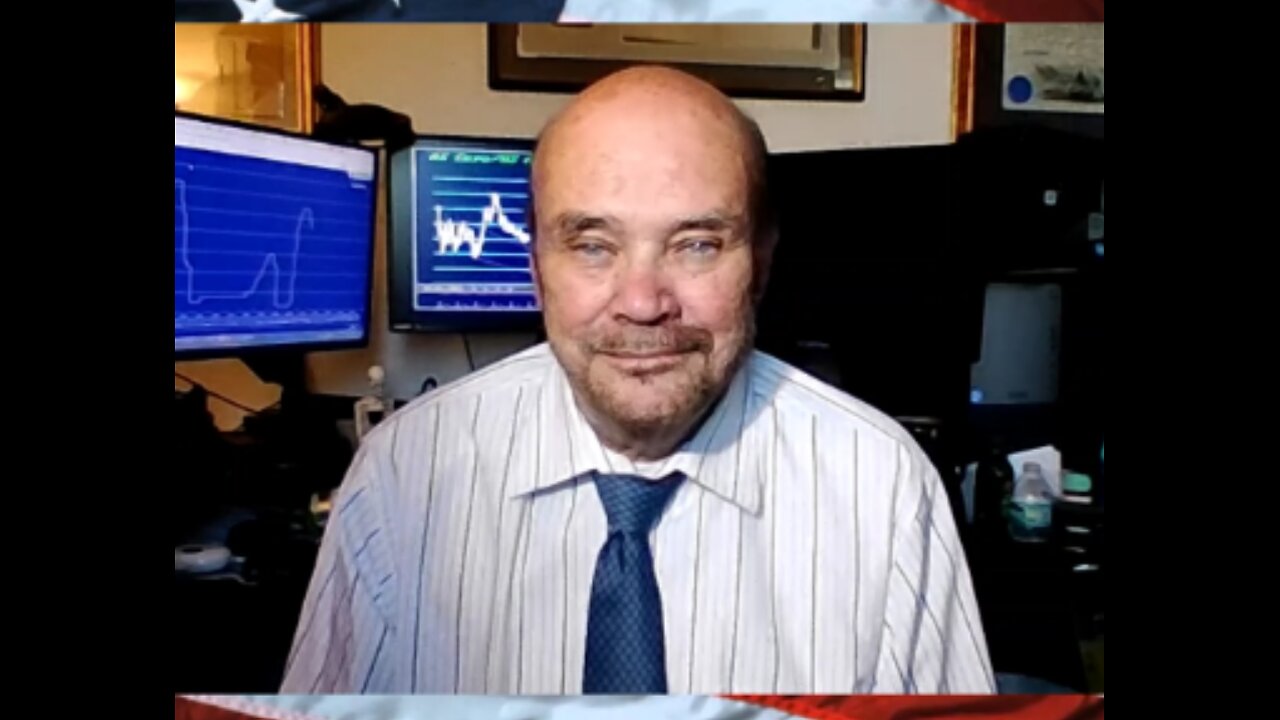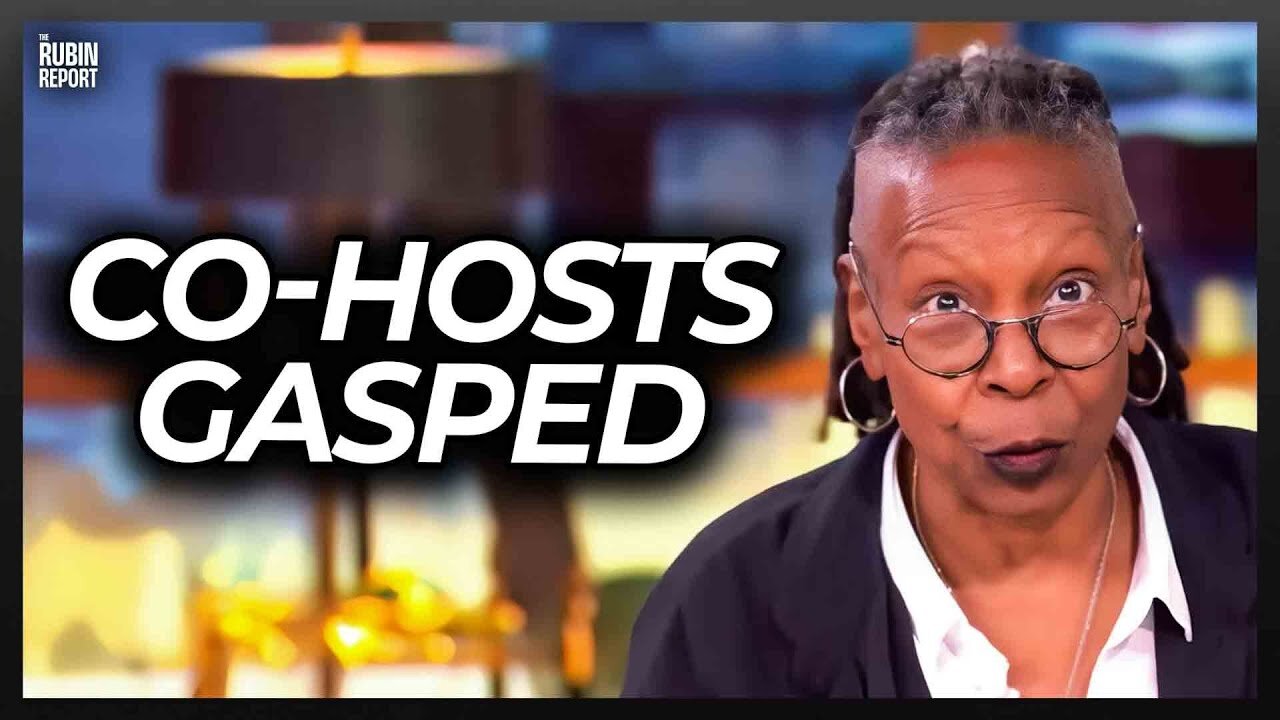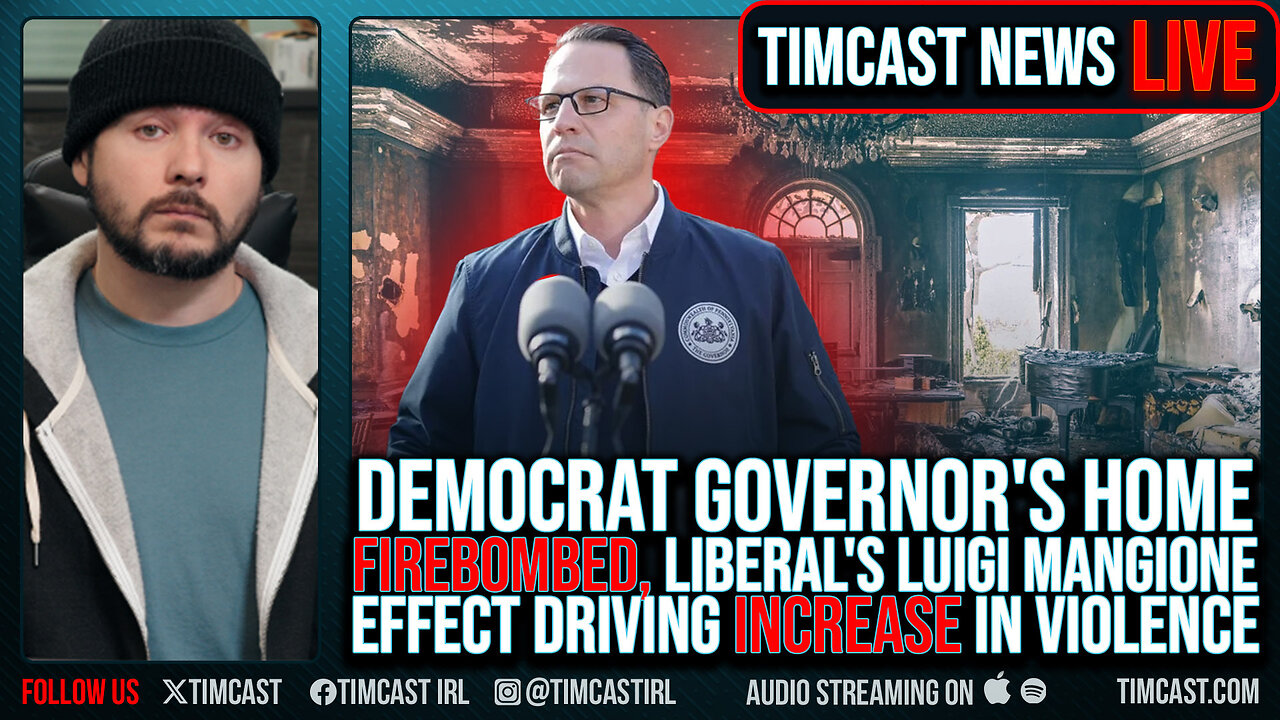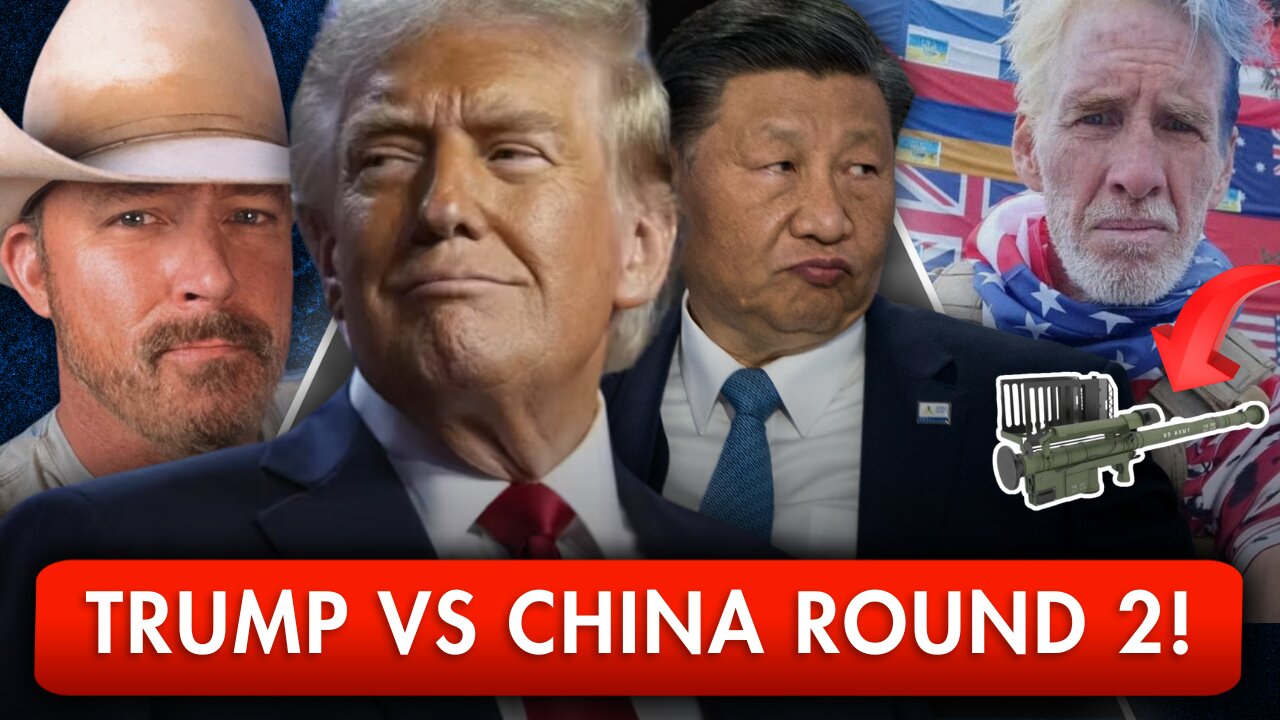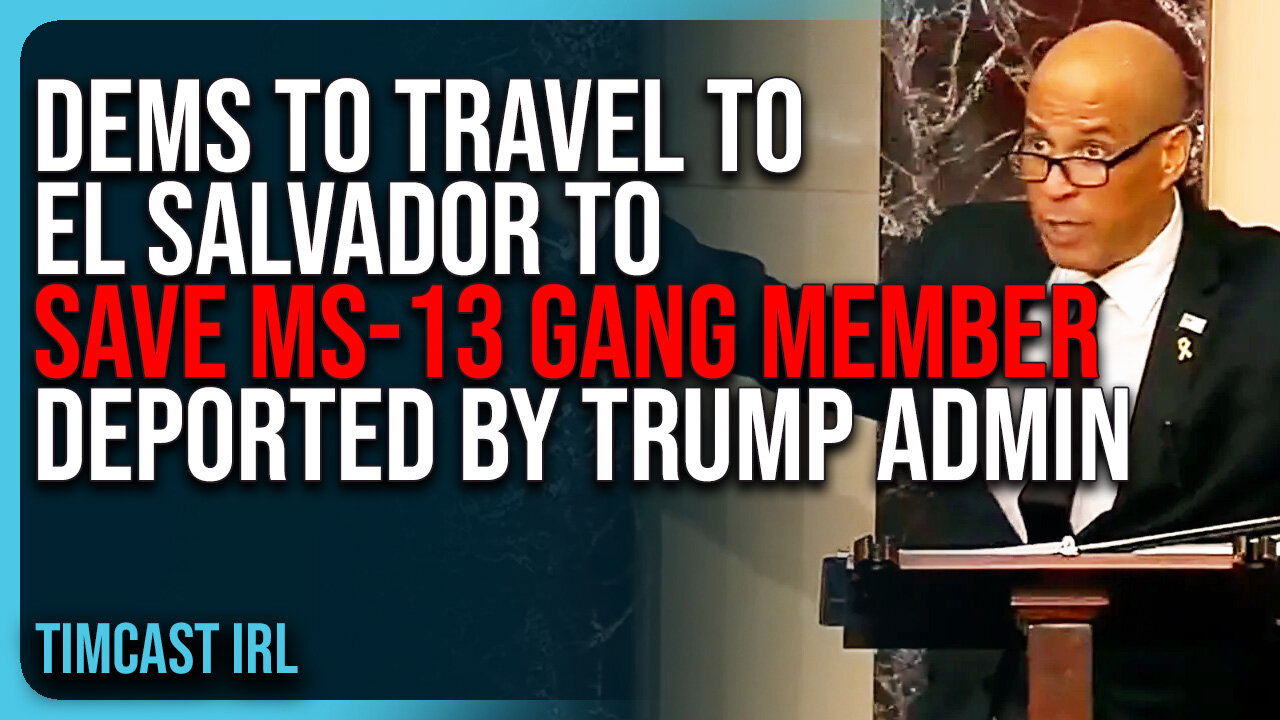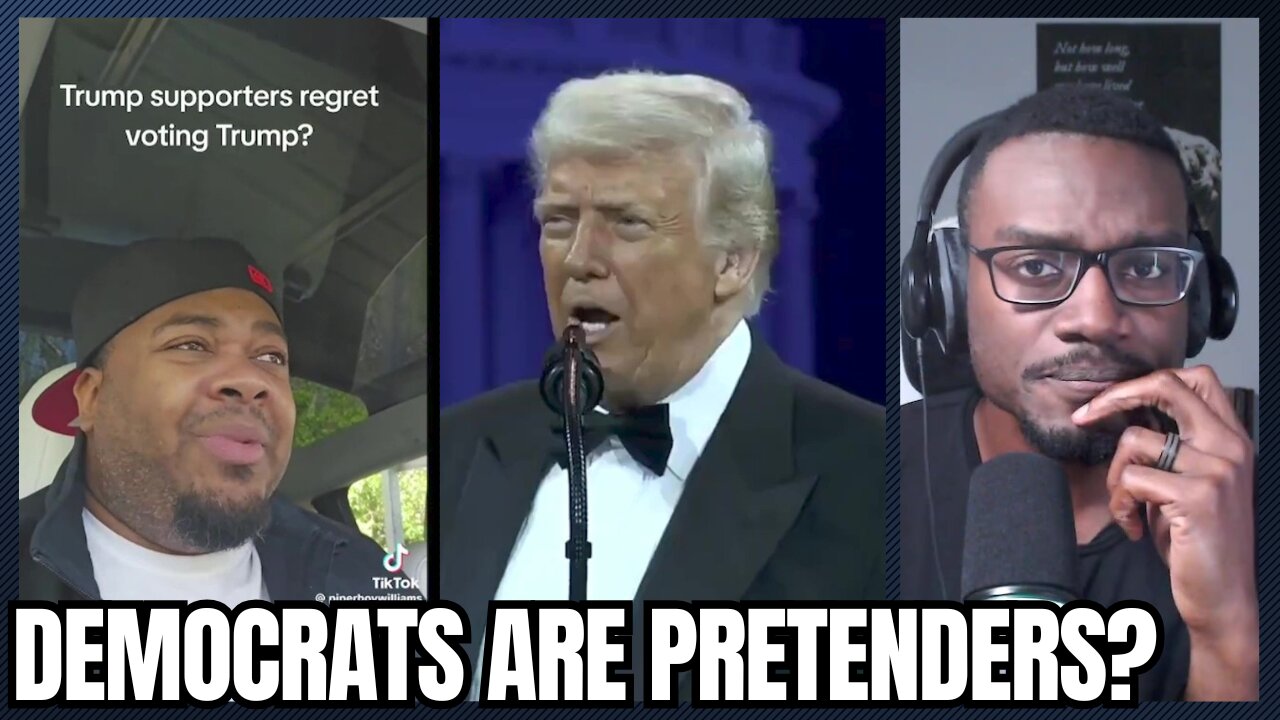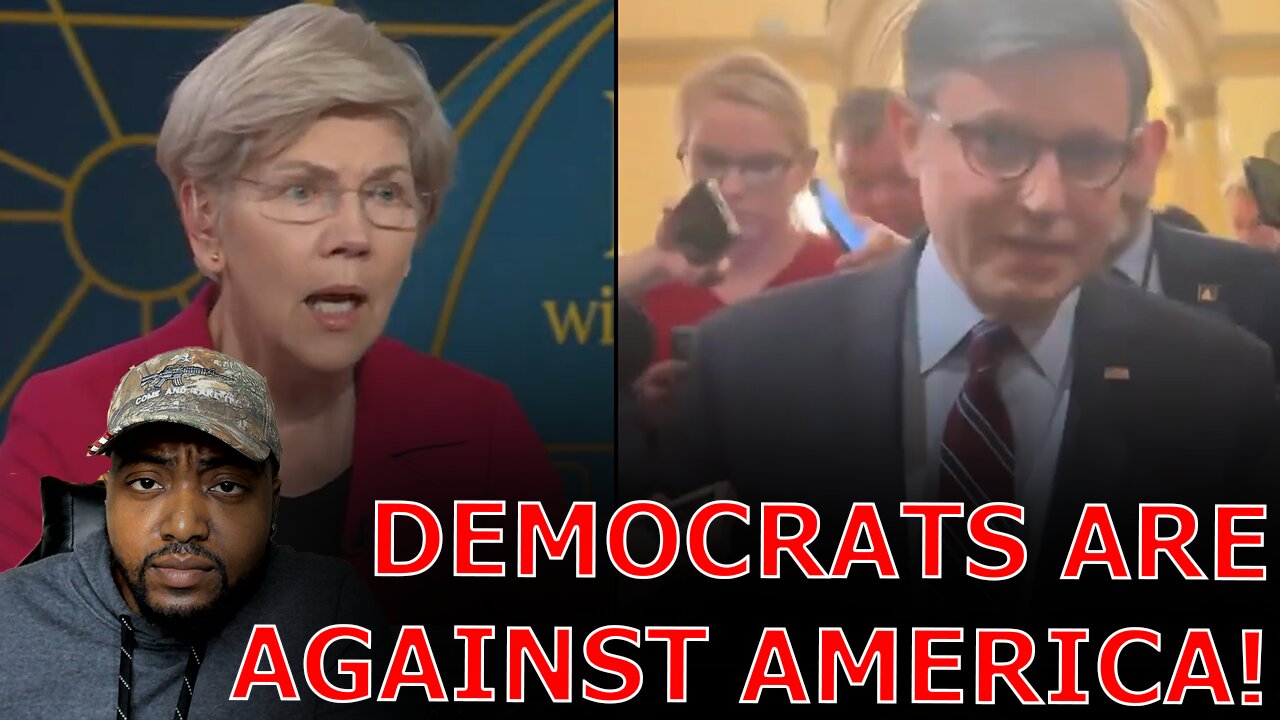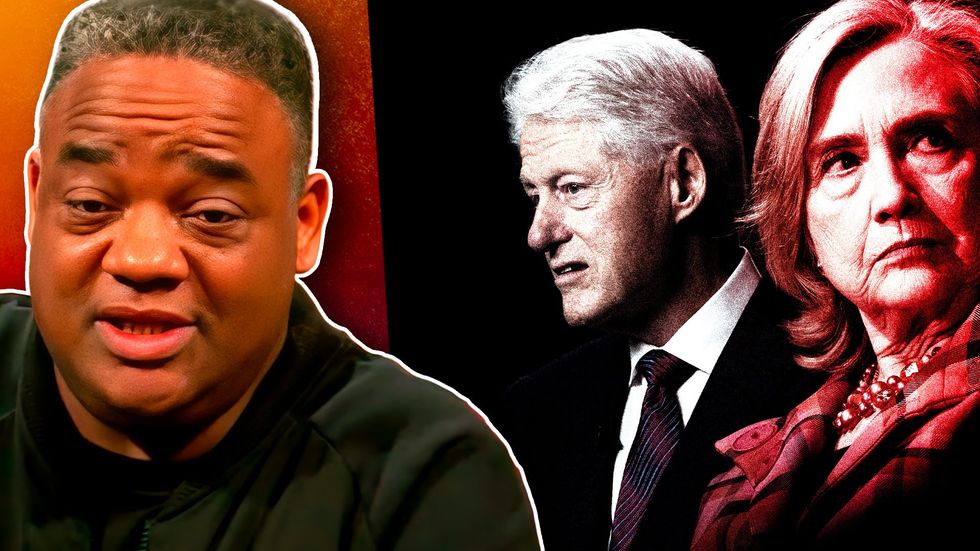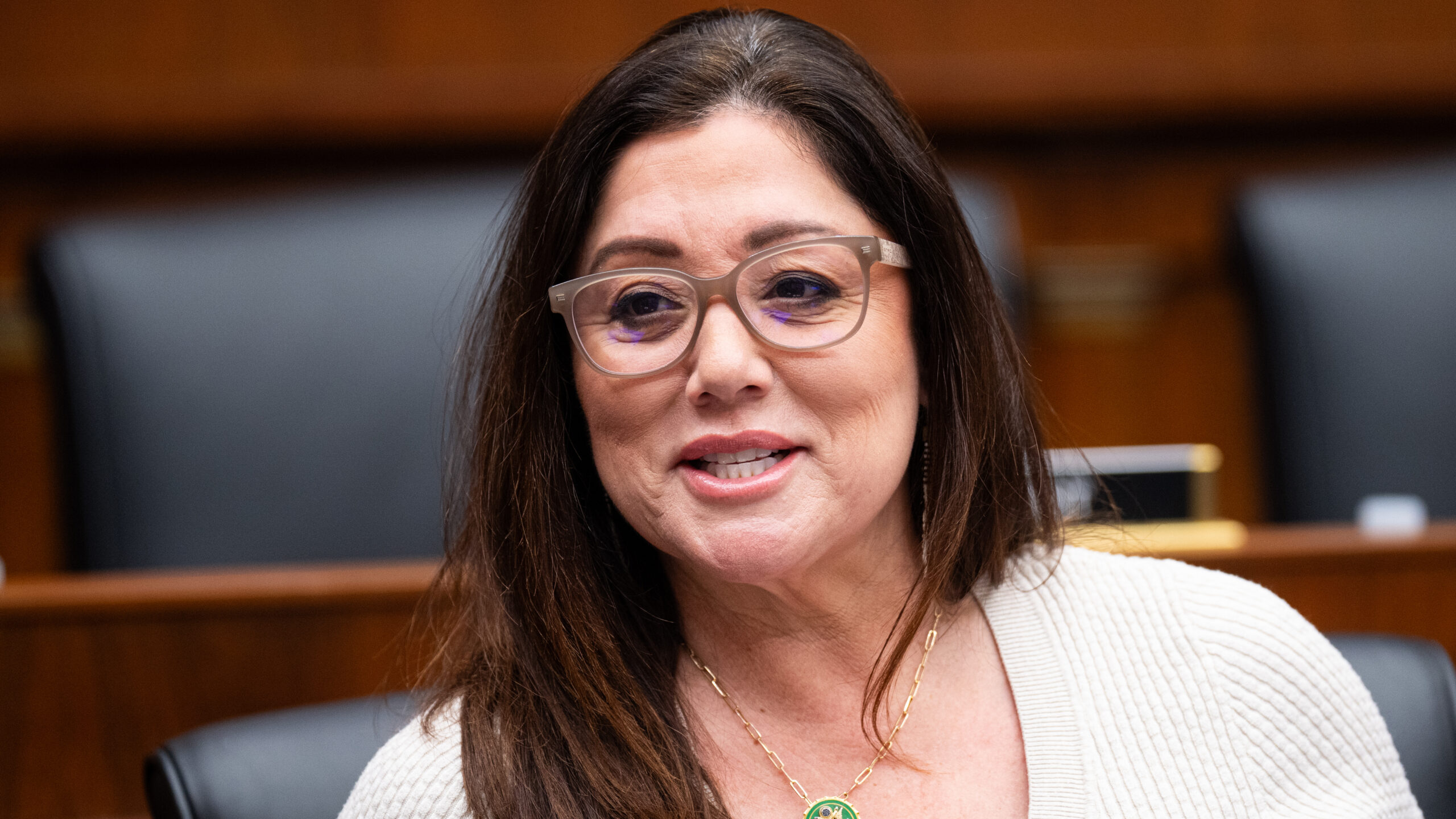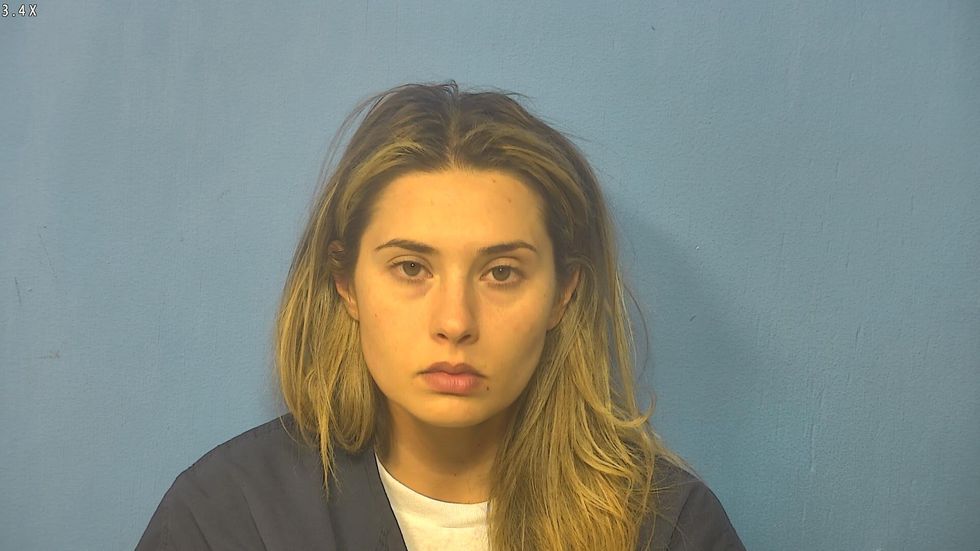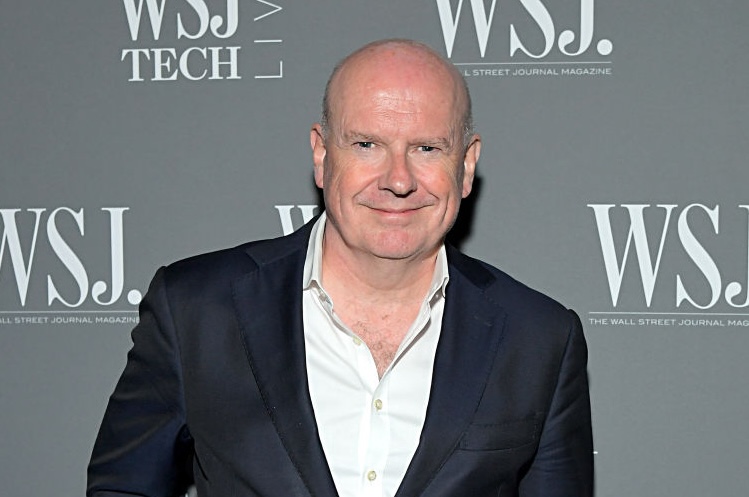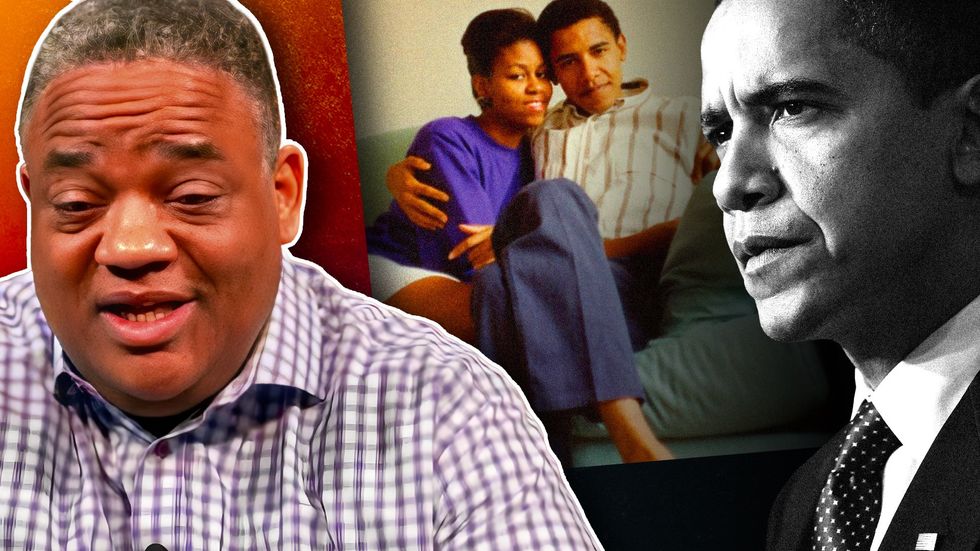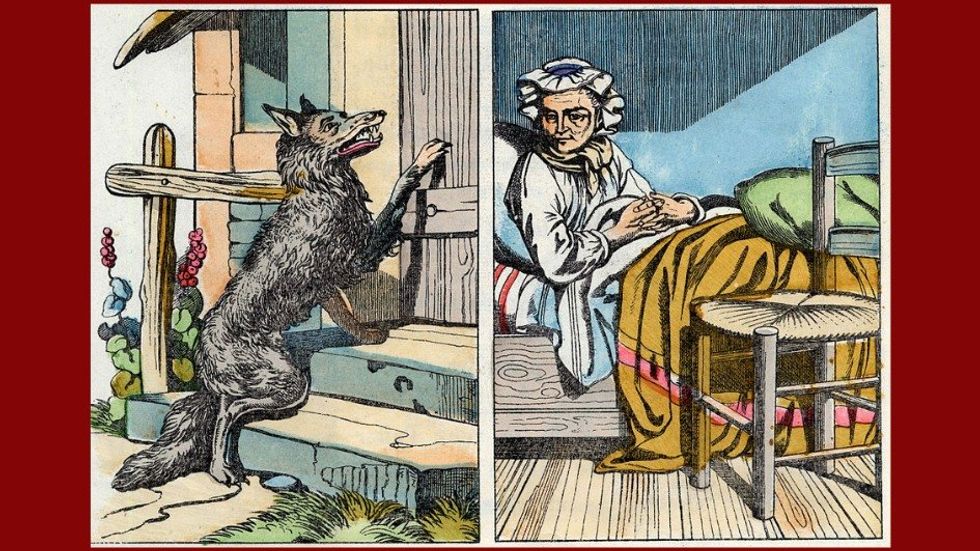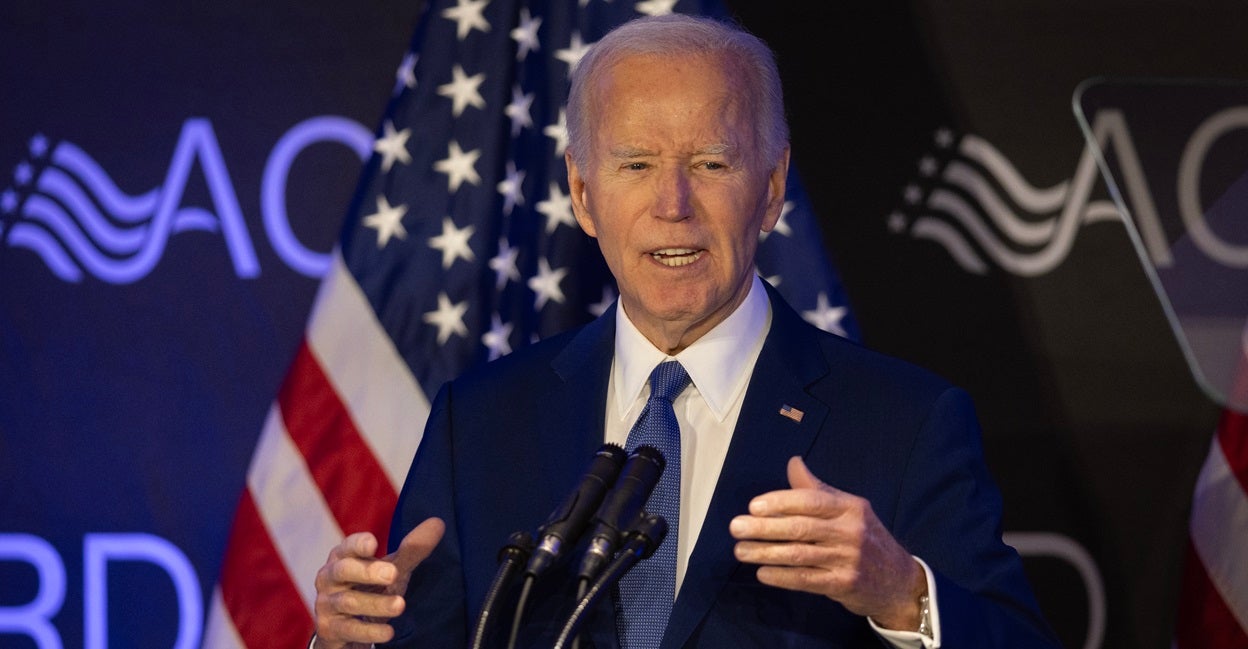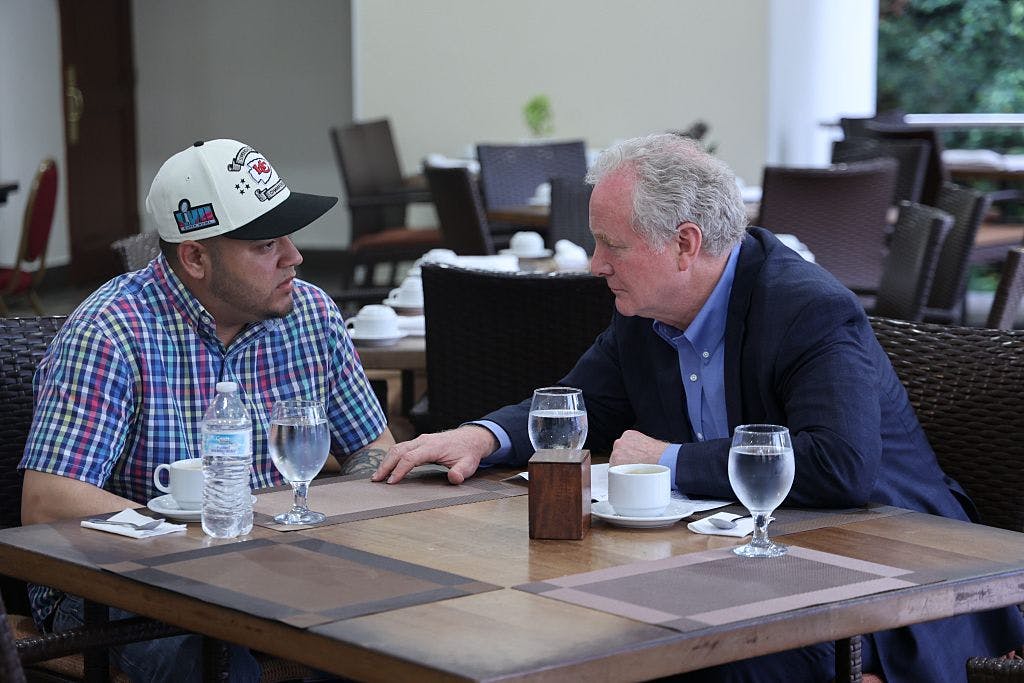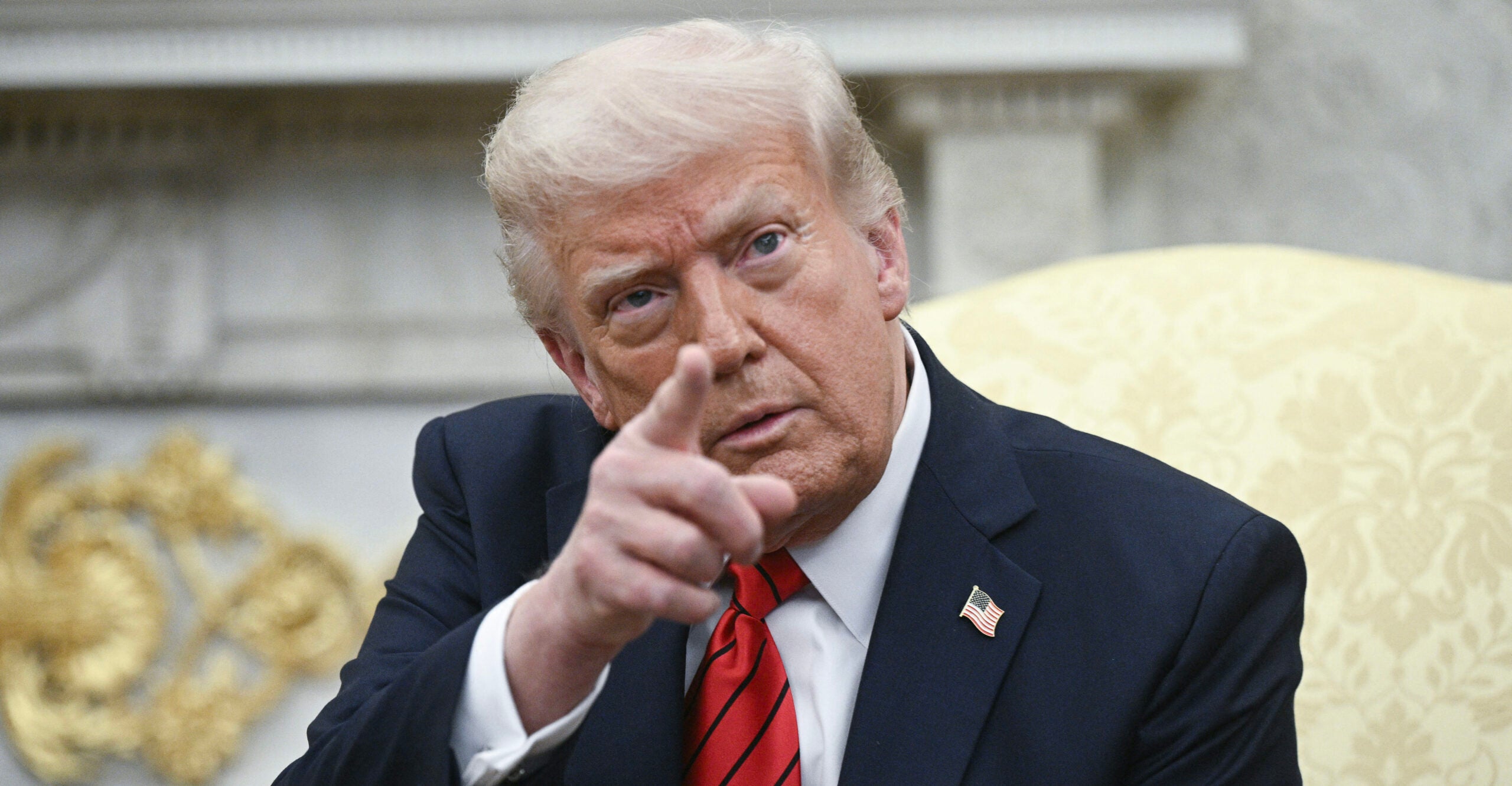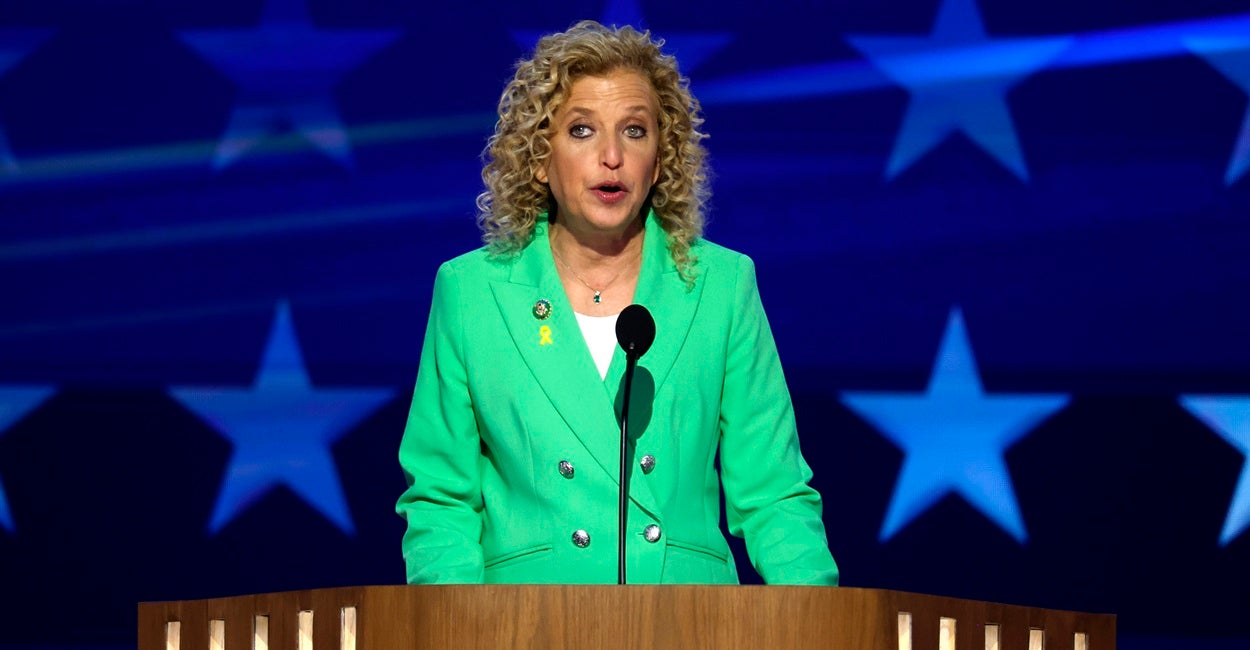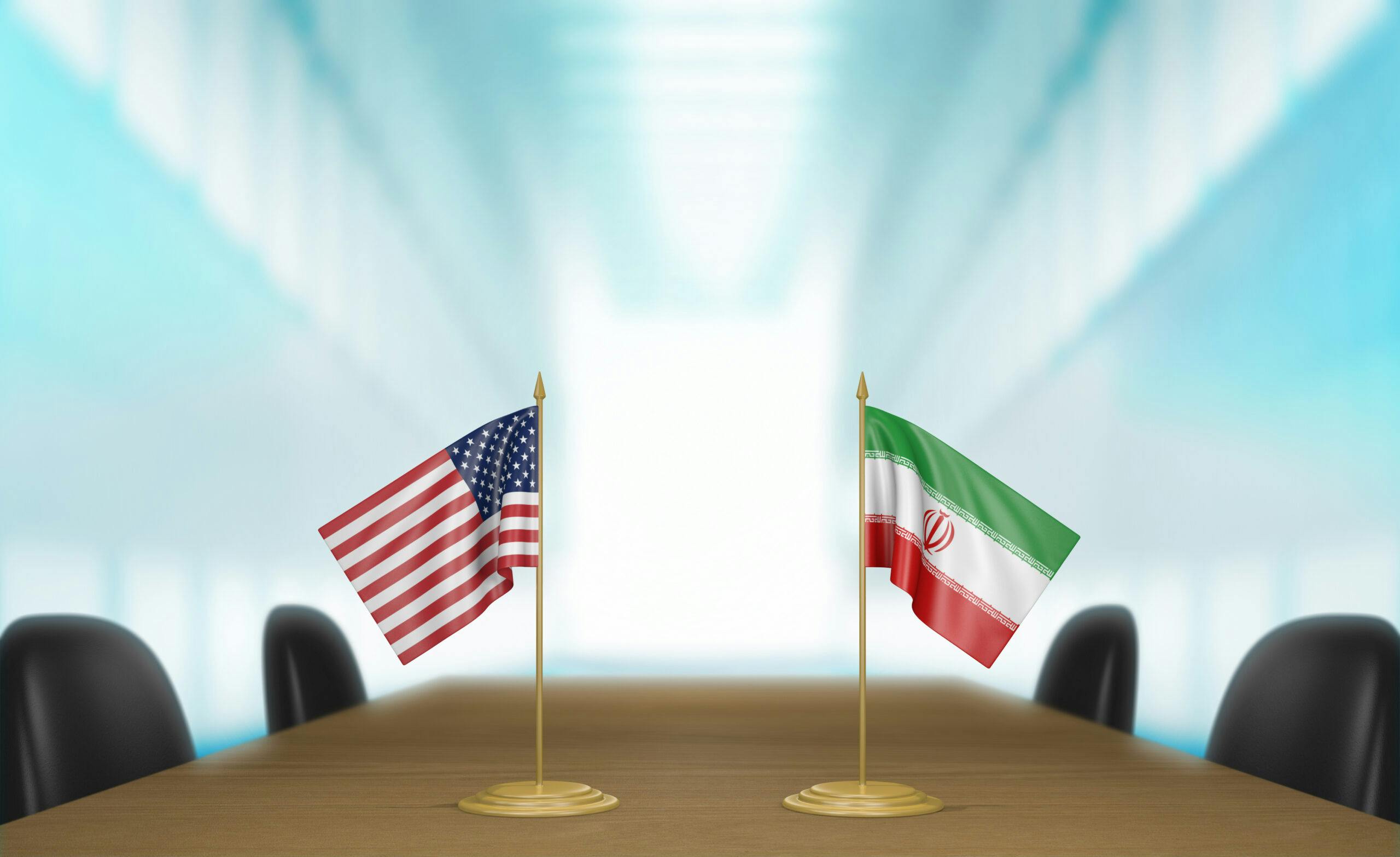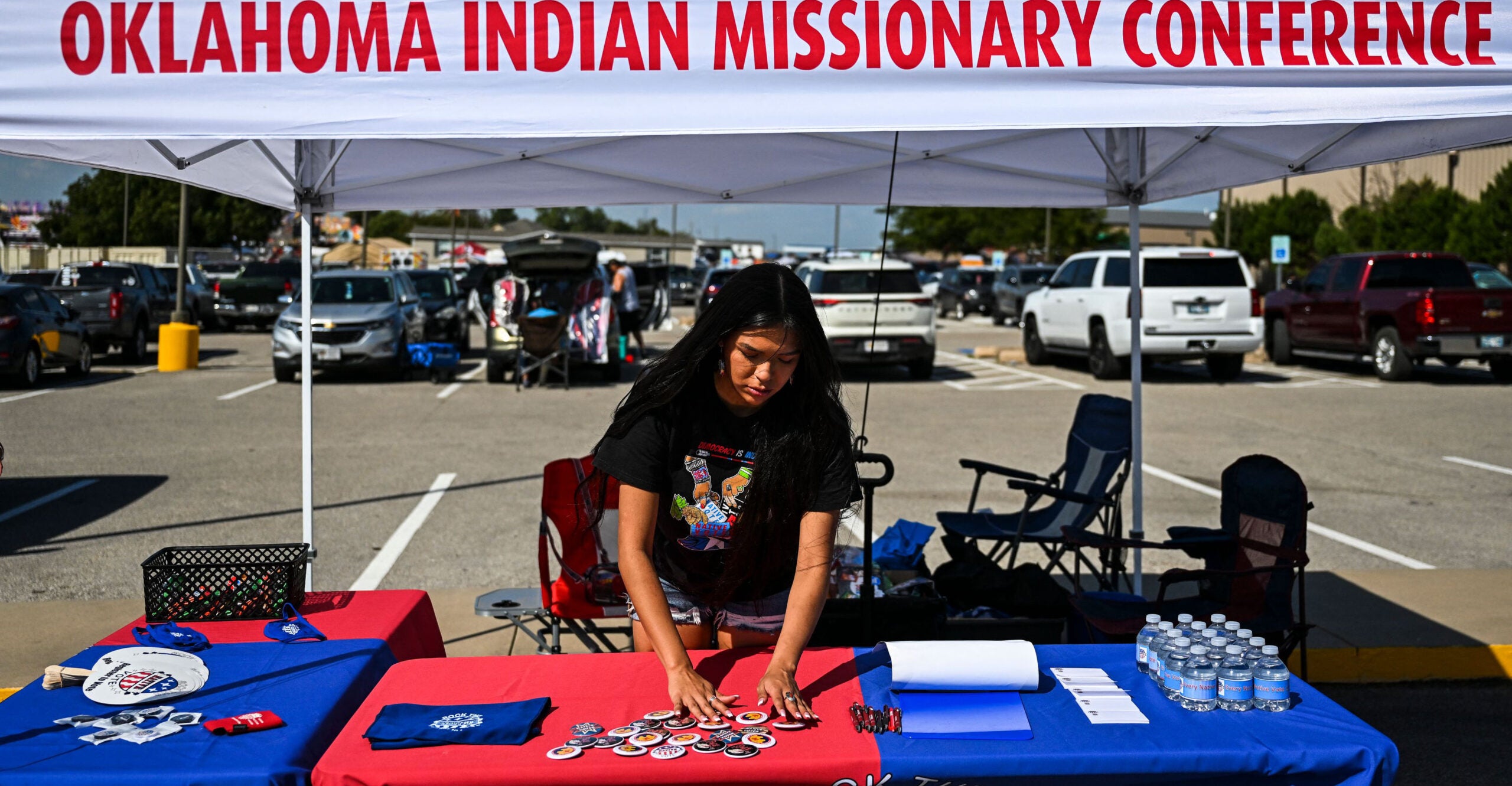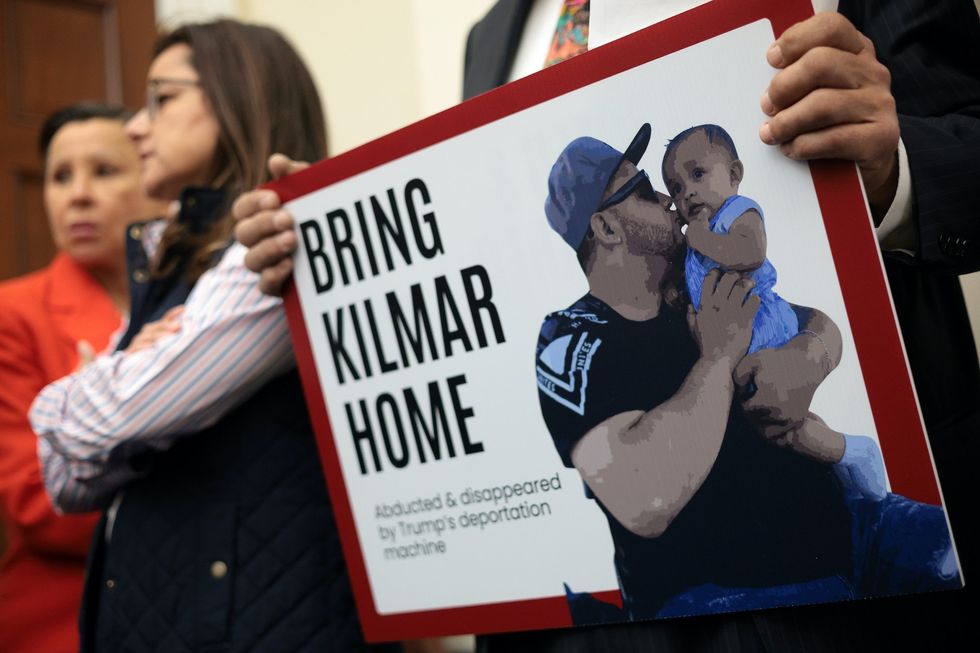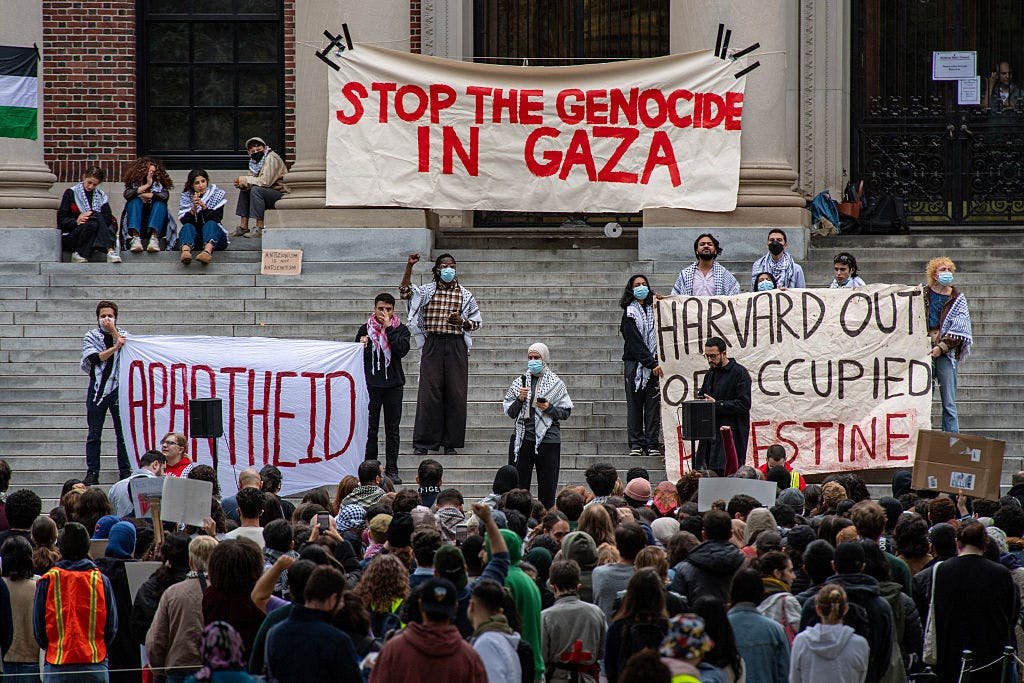The Censorship Industry Gathered For A Convention. They’ve Learned Nothing
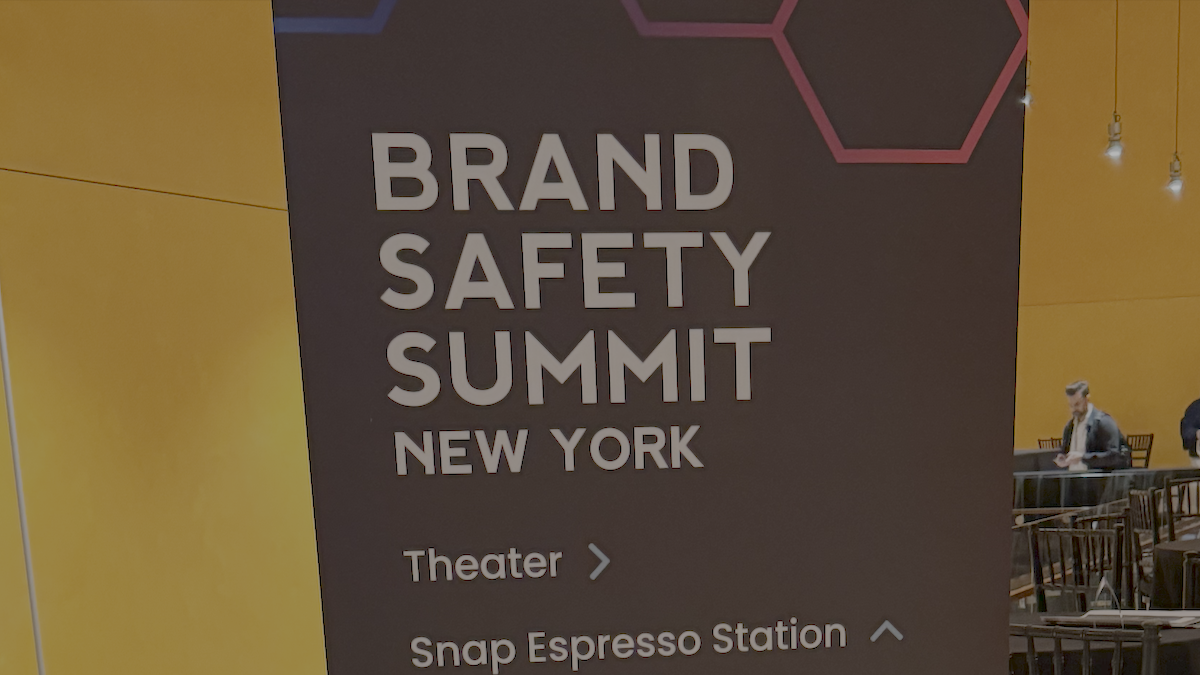
NEW YORK — Donald Trump’s Federal Communications Commission has signaled massive legal liability for tech firms who censor news content, but at a conference for an entire industry dedicated to doing just that, there was little to no introspection on display.
Hundreds gathered for a “Brand Safety Summit” in New York just before the election last month, where they strategized on how to keep advertising dollars from going to news outlets that promote “misinformation.” The conference was sponsored by major tech firms such as TikTok, Meta, Google, and Snap.
Absent from discussion was any reflection on how they had gotten it horrifically wrong, censoring true stories like the New York Post’s Hunter Biden laptop story before the 2020 election and dismissing as a conspiracy theory the idea that COVID leaked from a Chinese lab. In a Q&A portion of a panel, The Daily Wire asked what lessons had been learned from those examples. But the panelists did not express particular concern, and mostly shrugged off their responsibility onto third parties like NewsGuard. Andrew Serby of “brand suitability” technology company Zefr said, “We do it based on verified fact-checks from third parties, right? So the fact checks for academic institutions or companies that have fact checkers.” He declined to go deeper on the question after the panel.
Susan Zemlyakova of TikTok said virtually the same thing.
“We work with a number of fact-checking organizations to help basically uphold our disinformation policies, or specifically harmful misinformation policies,” Zemlyakova said. “So through these partners.. we’re able to identify, able to identify accurately, and remove.”
Khurrum Malik, chief marketing officer of a “brand safety” firm called Integral Ad Science, boasted on stage that his firm used third-party raters including the Global Disinformation Index (GDI) to determine what news was “safe.” GDI has taken government money and called mainstream outlets like the New York Post, the Washington Examiner, Reason Magazine, and The Daily Wire risky. Like many firms in the space, GDI is based abroad where the First Amendment does not apply. (The Daily Wire is suing the State Department over its relationship with NewsGuard and GDI, alleging that government-backed suppression of media content violates the First Amendment.)
After his speech, Malik struggled to defend the basics of his business to The Daily Wire. He said “it’s actually a really hard problem” to determine if news articles are misinformation, saying that “it’s very early days” in the industry.
He said his company’s solution was to “rely on third parties.” Asked how the third parties could do something that his own company could not reliably do because of the extreme difficulty, he said it relied on multiple firms. He said his company was very transparent, before exchanging nervous glances with a colleague and cutting the conversation short.
The “brand safety” industry officials studiously avoided the elephant in the room: That the Global Alliance for Responsible Media, better known as GARM, the industry’s largest player, spectacularly collapsed this year following lawsuits alleging that they violated antitrust law and facilitated illegal boycotts. A congressional investigation into GARM obtained internal emails in which a “brand safety” executive for advertising firm GroupM, Joe Barone — above an email signature with a rainbow and the phrase “Black Lives Matter” — wrote: “Fyi we have Daily Wire on our Global High Risk exclusion list, categorized as Conspiracy Theories. Another batch of emails showed a GroupM executive say that he “hated” Breitbart’s “ideology and bulls—,” and laid out how his group used misinformation rules as a pretext to target them.
The Brand Safety Summit was run by 614 Group, which quoted from Barone glowingly on its website (614 has since deleted the reference). Rob Rasko, the 614 Group’s leader, refused to talk about GARM with The Daily Wire. When The Daily Wire asked a GroupM official about it, Rasko came over to intervene, earning a wink from the GroupM official.
Rasko also punted on issues like GDI, saying that he didn’t refer people to GDI and just “run[s] a conference” and that “it’s a complicated conversation”–though Rasko organized a conference about best practices that included a speaker extolling GDI, and the two-day conference did not get into the complicated questions that arise from GARM’s legal woes and GDI’s false categorization of major news outlets.
After GARM’s collapse, Rasko’s group worked with Dentsu, a foreign public relations firm that was a founding member of GARM, to set up the “Dentsu Coalition.” A press release quoted Rasko saying it involved “leveraging the collective power of the [ad] industry’s foremost players” to boost “credible news”- — a dynamic that sounded just like what the recently shuttered GARM was doing. Dentsu eventually threw 614 under the bus, saying, “It is clear, with the benefit of hindsight, that some of the language of the press release (drafted by The 614 Group) was hyperbolic.”
Rasko disagreed, saying, “I don’t interpret it that way.” 614 has since deleted the press release.
The sole introspection at the Brand Safety Summit came from its opening speaker, Gary Vaynerchuk, who has a reputation for speaking plainly — perhaps to Rasko’s chagrin. Vaynerchuk profanely rejected many of the industry’s foundational precepts and made reference to his parents growing up in the Soviet Union.
On a panel, Rasko asked him what he would do if he was in charge of brand safety. Vaynerchuk suggested it wasn’t platforms’ role to ensure that everyone felt safe.
“All I hear is people complain about what they’re scared of. If you’re so scared of your child being on TikTok, you should delete TikTok off the f**king phone, because you’re their parent. And so I think we need to be very careful and take a step back on all this safety stuff.”
“The institutions of society have done a very good job of making people feel helpless and feel like somebody else is going to do it for us,” he said.
“I think it’s crazy to be a human being and have the audacity to think that every other human being in our country should see the world exactly how we see it, like we’ve gotten to this place of entitlement…. you have to understand that humility is the great balance to it… I think we’re struggling with that collectively, as an industry,” he added.
“I think accountability is a very attractive word heading into 2025.”
Originally Published at Daily Wire, Daily Signal, or The Blaze
What's Your Reaction?
 Like
0
Like
0
 Dislike
0
Dislike
0
 Love
0
Love
0
 Funny
0
Funny
0
 Angry
0
Angry
0
 Sad
0
Sad
0
 Wow
0
Wow
0
